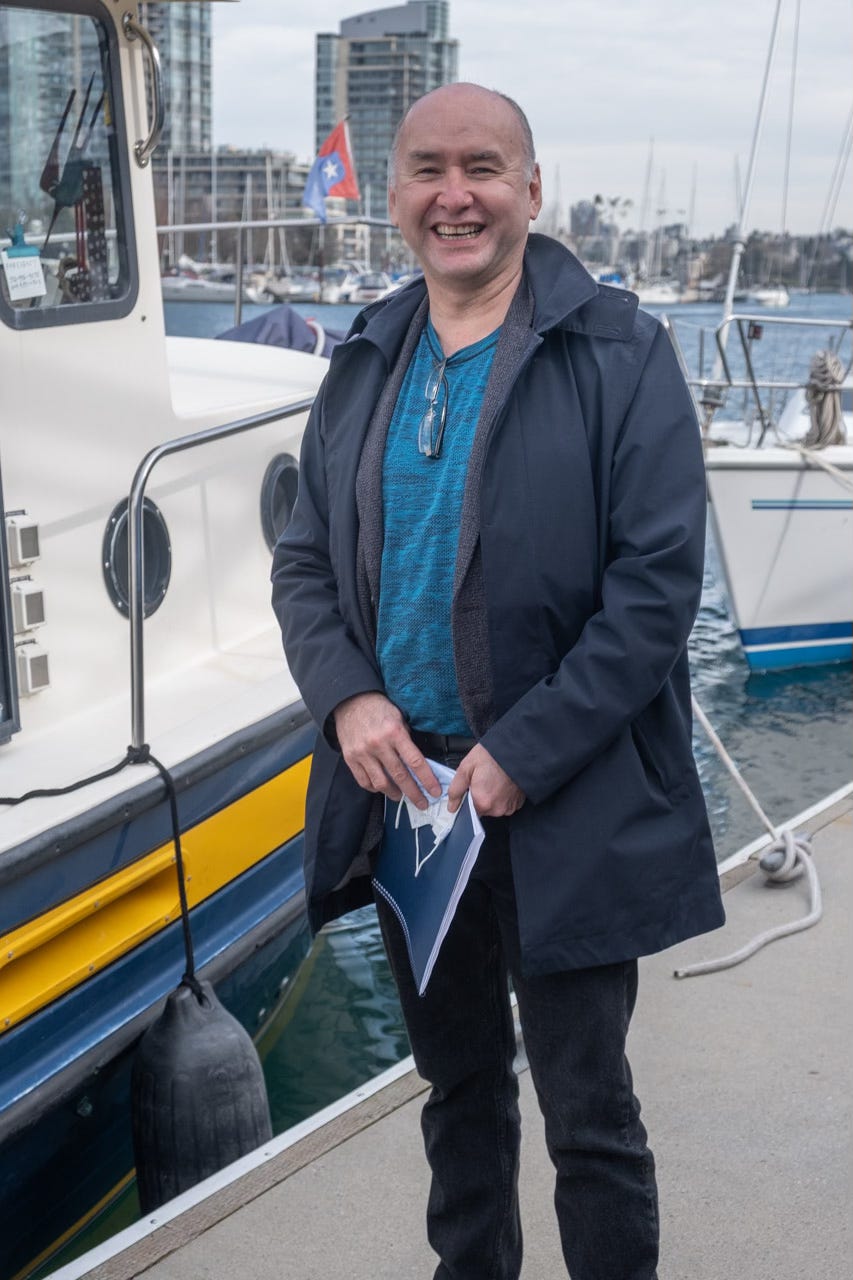Skeena MLA Ellis Ross outlines policy priorities ahead of bid for federal Conservative nomination
Ross announced his bid to run in Skeena–Bulkley Valley for Member of Parliament last month

Skeena MLA Ellis Ross recently announced his candidacy to run under the federal Conservative banner in the next election scheduled on or before October 2025.
In an exclusive interview with The Skeena Reporter, Ross offered insights into his motivations to leave BC United and run for the Conservatives, as well as some of the policy positions that he would zero-in on, assuming he’s elected as the Member of Parliament for Skeena–Bulkley Valley.
Ross admires federal Conservative Party of Canada Leader Pierre Poilievre’s commitment to “stick to the basics” of governance. Ross defines the short but ambitious list of governmental basics as “fiscal responsibility, crime, and drugs."
Ellis, who has openly discussed his past struggles with alcoholism, emphasized his personal connection of his campaign against drug addiction.
“The toughest part for me in this drug crisis is trying to keep my emotions out of it,” Ross said. "I’ve been advised a couple times being an MLA to keep my emotions in check because I get angry and I have a tough time hiding my anger on the issue."
Ross added that Poilievre’s statements on the drug crisis in Canada were part of the reason why he decided to run under the Conservative banner.
For Ross, the provincial and federal government’s efforts to decriminalize possession of small amounts of drugs in British Columbia have been difficult for him to reconcile.
During the interview, Ross contradicted himself a number of times on the issue of drug decriminalization. In comments made to another media outlet last year, Ross had indicated he supported decriminalization, but that has changed.
While Ross acknowledges the need for treatment, he said he would prioritize re-criminalizing possession of small amount of drugs.
READ MORE: Skeena MLA Ellis Ross to run in Skeena–Bulkley Valley for Conservatives in next federal election
Later in the interview, when asked about whether it would do more good to focus on re-criminalizing possession of drugs, or treatment, Ross declared he would focus on both.
Ross said he supports the Portuguese model, but says it hasn't been implemented fully. Despite his personal connection to the issue, Ross has been a vocal critic of decriminalization, arguing for a more punitive approach towards drug crimes.
Ross's vision for addressing the drug crisis in British Columbia involves looking at various models, including those of Portugal and Alberta. (In Portugal, possession of small amount of drugs is decriminalized, leading to “drug courts” where residents fined for possession are forced to either get treatment, or pay a fine. Alberta’s model involves the criminal justice system and also treatment on-demand.)
"Portugal came up with this whole different model that I believe was the correct one. … We haven’t done that in BC," Ross remarked, highlighting his interest in a model that combines healthcare innovation with stringent law enforcement.
The Portuguese model has a significantly better track record than Alberta. There are far fewer drug-related deaths, even accounting for Portugal’s much larger population. According to Statista, drug overdose deaths in Portugal peaked at 72 in 2019. However, data past 2020 is not available. Comparatively, a report from the RCMP says that Alberta’s death toll for opioids climbed to 1,262 in 2023, from January to August.
Ross also made the point to zero-in on the challenge of integrating treatment centres with the private sector and First Nations, but didn’t explain his plan to prevent the private sector from exploiting addiction for profit.
"There is a need for a program that works hand in hand with the private sector, along with First Nations, on how to deal with this once and for all," Ross said.
Ross acknowledged the nuanced debate surrounding decriminalization by saying that "I think people have truly misunderstood what decriminalization actually means.” He suggested that a return to criminalization could serve as a deterrent to use, despite potentially complicating access to treatment.
In a candid moment, Ross expressed doubts about the immediate effectiveness of his approach, recognizing the enduring nature of the drug crisis.
"It’s probably not going to work for a long time. … This drug war has been going on for decades, but now we’ve got this problem to the point where no one seems to have an answer."

